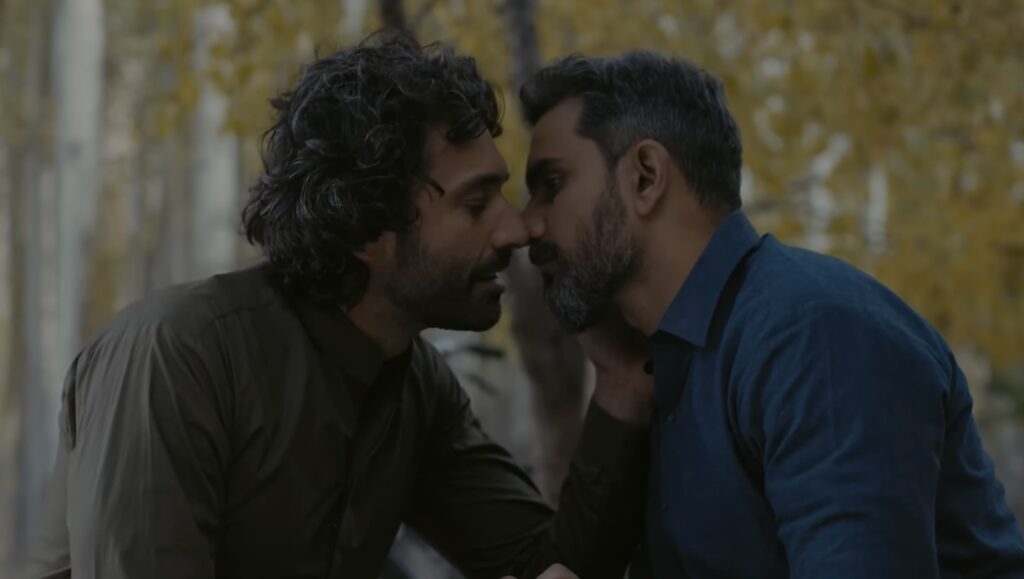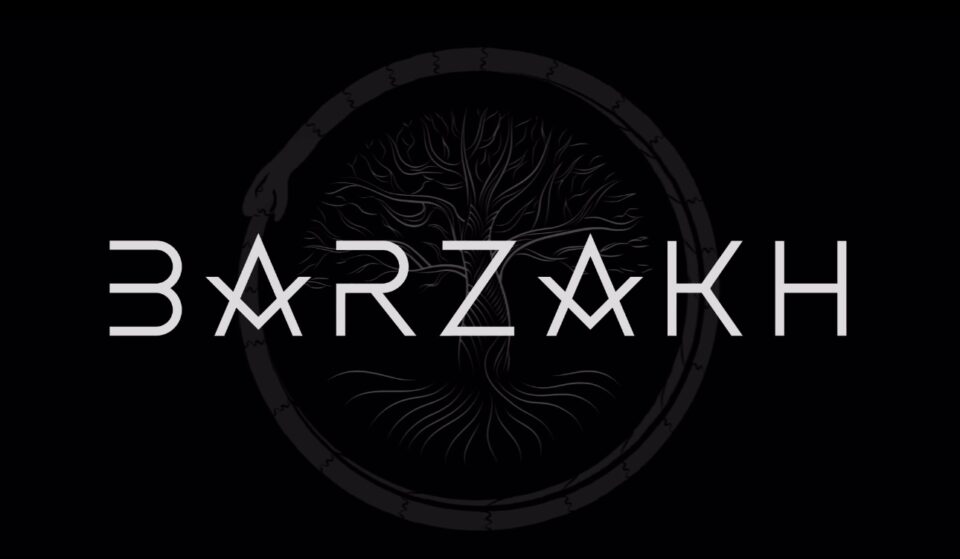
The recently released Pakistani drama serial “Barzakh” has been making waves in the entertainment industry, but not entirely for the right reasons. While the show has garnered praise for its unique storyline and performances, it has also faced severe backlash from audiences and critics alike. In this blog, we’ll delve into the reasons behind the controversy and explore the implications of this backlash on the Pakistani drama industry.
The Backlash
“Barzakh” has been accused of promoting occult practices, glorifying suicide, and featuring explicit content. Viewers have taken to social media to express their outrage, calling for the show to be taken off the air. The criticism has been so severe that the show’s cast and crew have faced personal attacks and threats.

Censorship vs. Creative Freedom
The controversy surrounding “Barzakh” raises important questions about censorship and creative freedom in Pakistan’s entertainment industry. While some argue that the show’s content is inappropriate and should be censored, others believe that artists should have the freedom to explore complex themes and ideas.

Cultural Sensitivities
Pakistani audiences are known for their love of drama serials, but they are also deeply rooted in cultural and religious values. “Barzakh” has been accused of disregarding these sensitivities, leading to widespread outrage. The show’s creators must consider the cultural context in which their work will be consumed.

Conclusion
The backlash against “Barzakh” serves as a reminder of the power of media to shape and reflect societal values. While creative freedom is essential, it must be balanced with cultural sensitivity and responsibility. As the Pakistani drama industry continues to evolve, it’s crucial to engage in open dialogue about what constitutes acceptable content and how to navigate complex themes without alienating audiences.

